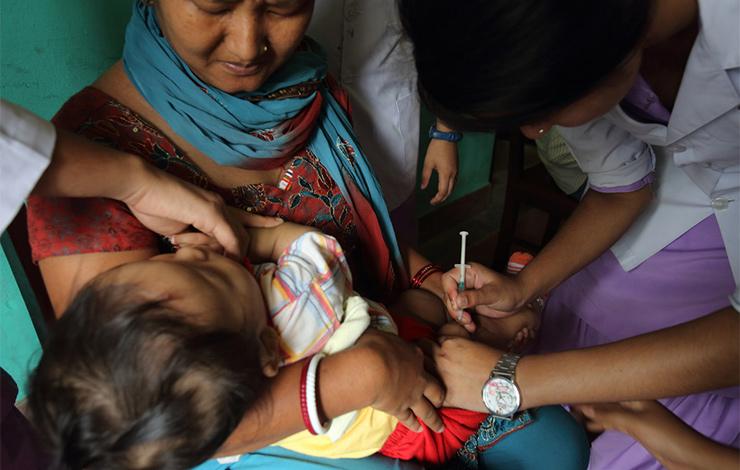

Equitable access to comprehensive, effective health care systems, including primary health care and public health services is a fundamental human right and a public good. A healthy populace is essential for building and maintaining prosperous and stable societies and is only possible through proper prevention and intervention. However, without the rule of law, public health interventions and services are frequently rendered impotent. Unenforced or lacking health regulations counter prevention efforts. Safe, reliable and affordable medicines, medical treatment, and health care delivery systems—even drinking water—require effective regulation, monitoring, and enforcement. Absenteeism, mismanagement, bribes, and informal payments undermine health care delivery and waste already scarce resources. The rule of law is necessary to break cycles of poor health that stand in the way of prosperity and stability.
The State of Assam experiences the highest maternal mortality rate in India. Health concerns are compounded on tea plantations where workers face substandard working conditions and a lack of access to ...
Indigenous populations throughout the United States experience some of the greatest health inequalities. This project is the first US collaboration delivering health-impacting civil legal assistance ...